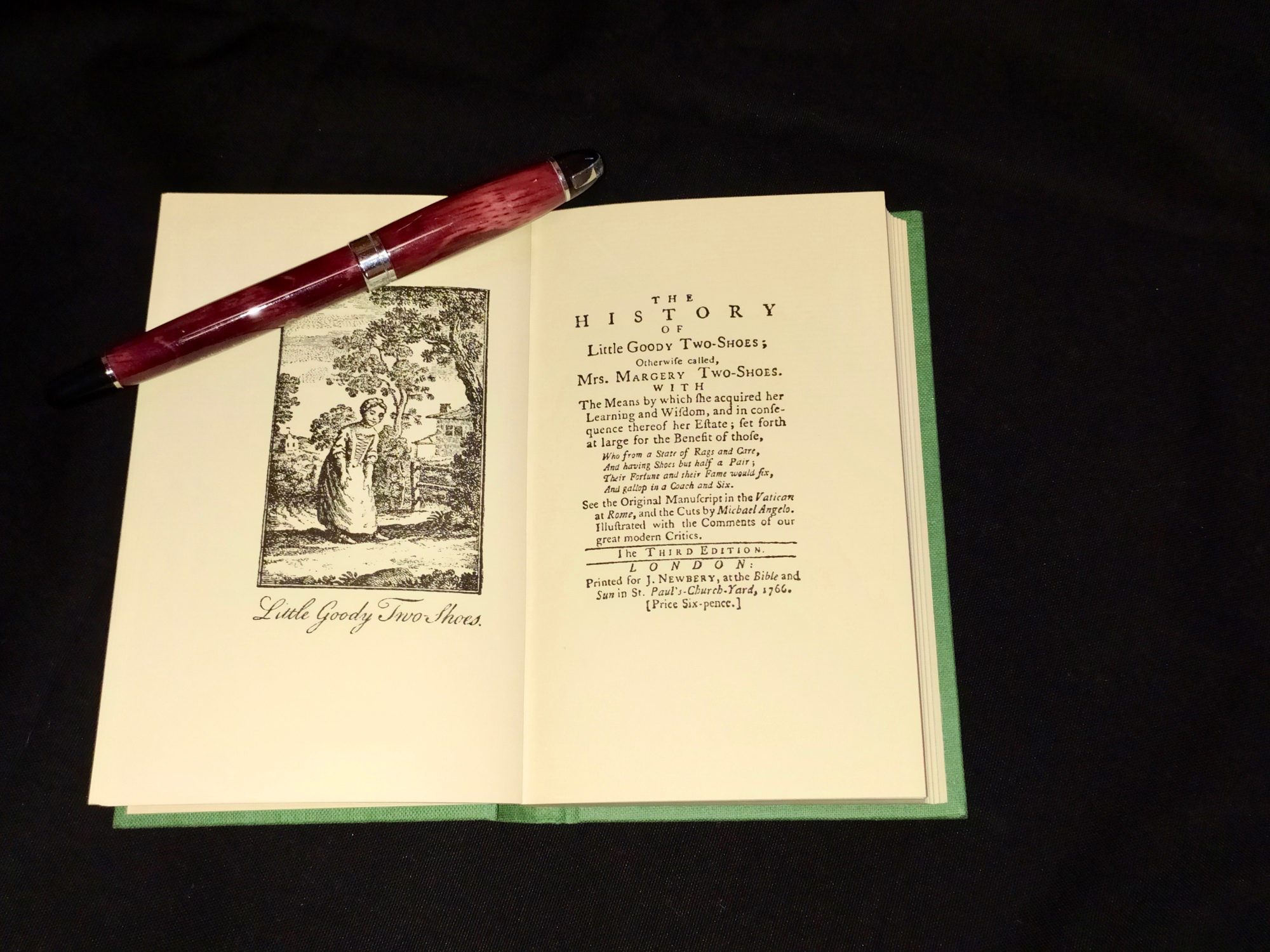While browsing last November in Jimbocho, Tokyo's famous bookstore district, I came across a facsimile edition of "The History of Little Goody Two-Shoes." First published in London in 1765, its Japanese title is "くつふたつの物語" ("Kutsu Futatsu no Monogatari," "The Story of [Mrs.] Two-Shoes").
The book appeared 新品同様 (shinpin dōyō, as good as new) and was bargain-priced at only ¥500, so I snatched it up.
It's intriguing that a children's story about a poor orphan girl named Margery Meanwell — who was praised for her honesty and virtue — came to be used as a modern-day sobriquet for someone who is ostentatiously virtuous, to the point of aggravation. Or, as explained in Japanese, その後、否定的な意味合いを持つようになった (sono ato, hitei-tekina imiai o motsu yō ni natta, afterward it came to have a negative connotation).


















With your current subscription plan you can comment on stories. However, before writing your first comment, please create a display name in the Profile section of your subscriber account page.